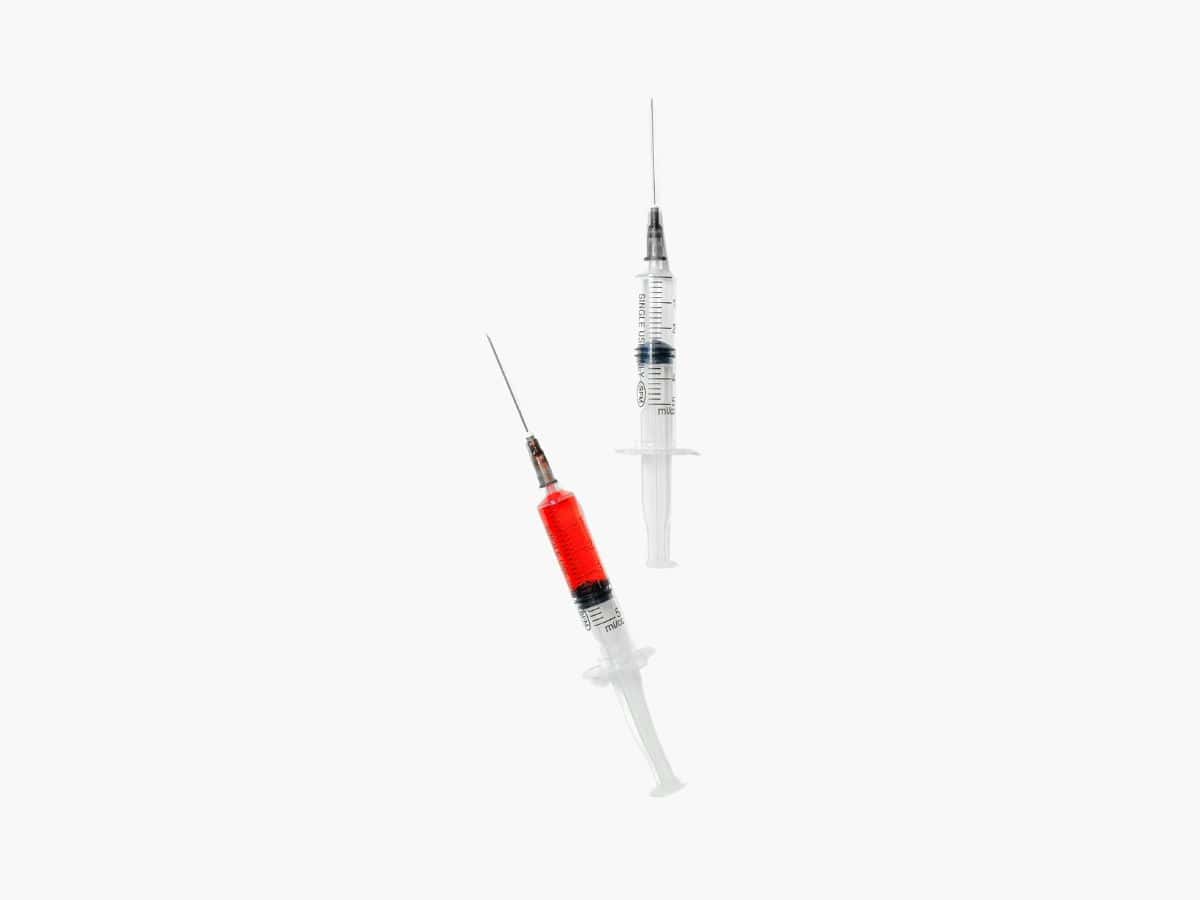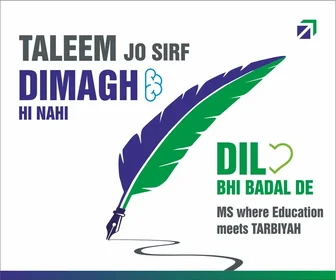
An alarming report from Tripura reveals that 828 students have tested HIV-positive, with 47 fatalities, from data that was collected from 164 health facilities across the state.
The Tripura State AIDS Control Society (TSACS) attributes this crisis primarily to intravenous drug use among students, reported TOI. “We have identified students from 220 schools and 24 colleges and universities involved in injectable drug abuse,” a TSACS official was quoted by the media house.
Most affected students come from affluent families, often with parents in government service, who were unaware of their children’s drug use until it was too late.
HIV/AIDS remains a major global health issue, closely linked to intravenous drug use and needle sharing remains a primary mode of transmission. Key factors include risky injection practices, limited access to sterile needles, and marginalization of drug users.
This highlights the urgent need for harm reduction strategies like needle exchange programs to combat the spread of the virus. Harm reduction strategies like needle exchange programs provide sterile equipment, counselling, and addiction treatment referrals to reduce infection risk.
Challenges such as stigma, legal barriers, and complex social factors persist. Comprehensive approaches integrating public health, social services, and community engagement are essential to address this issue effectively.

